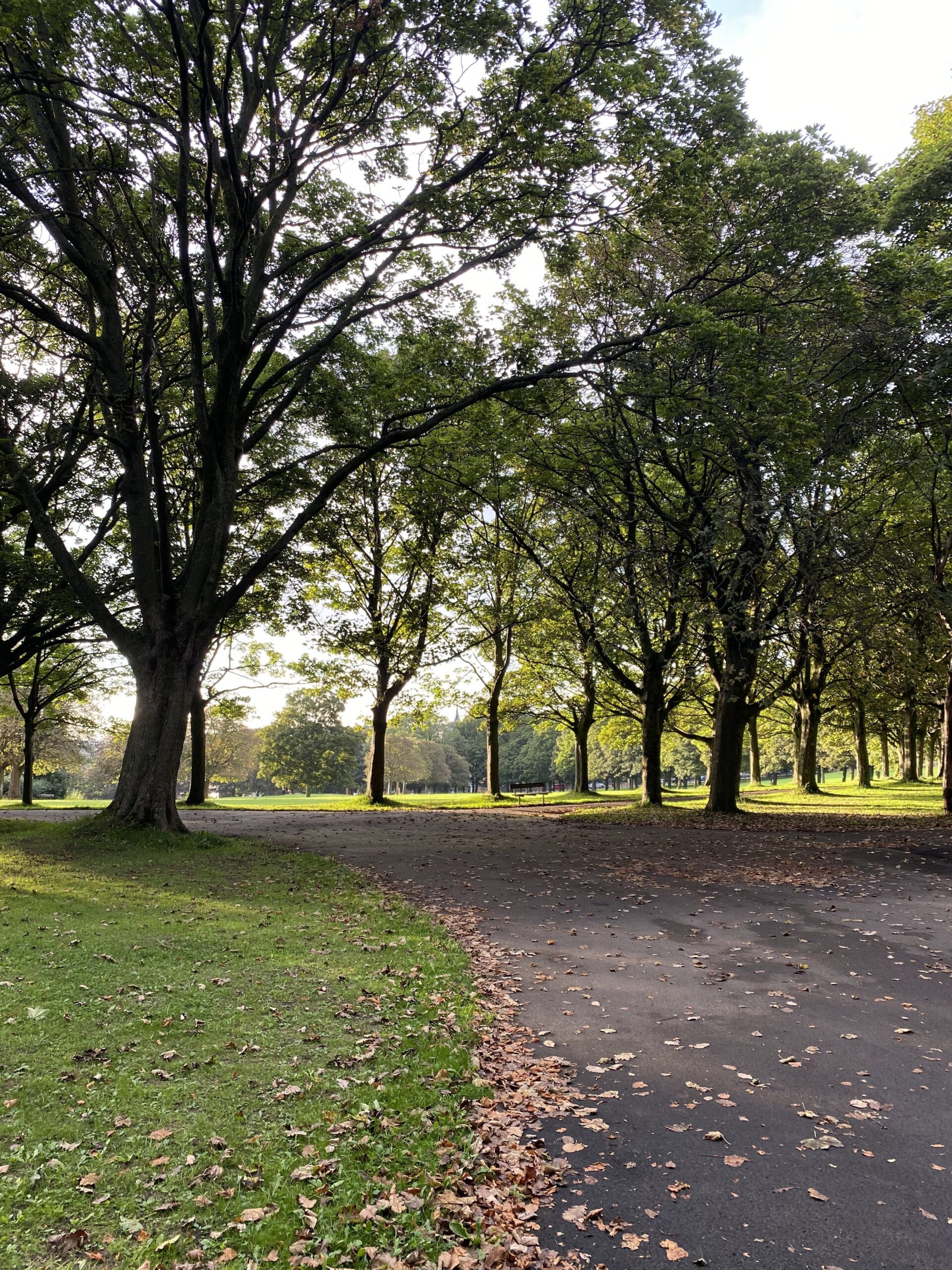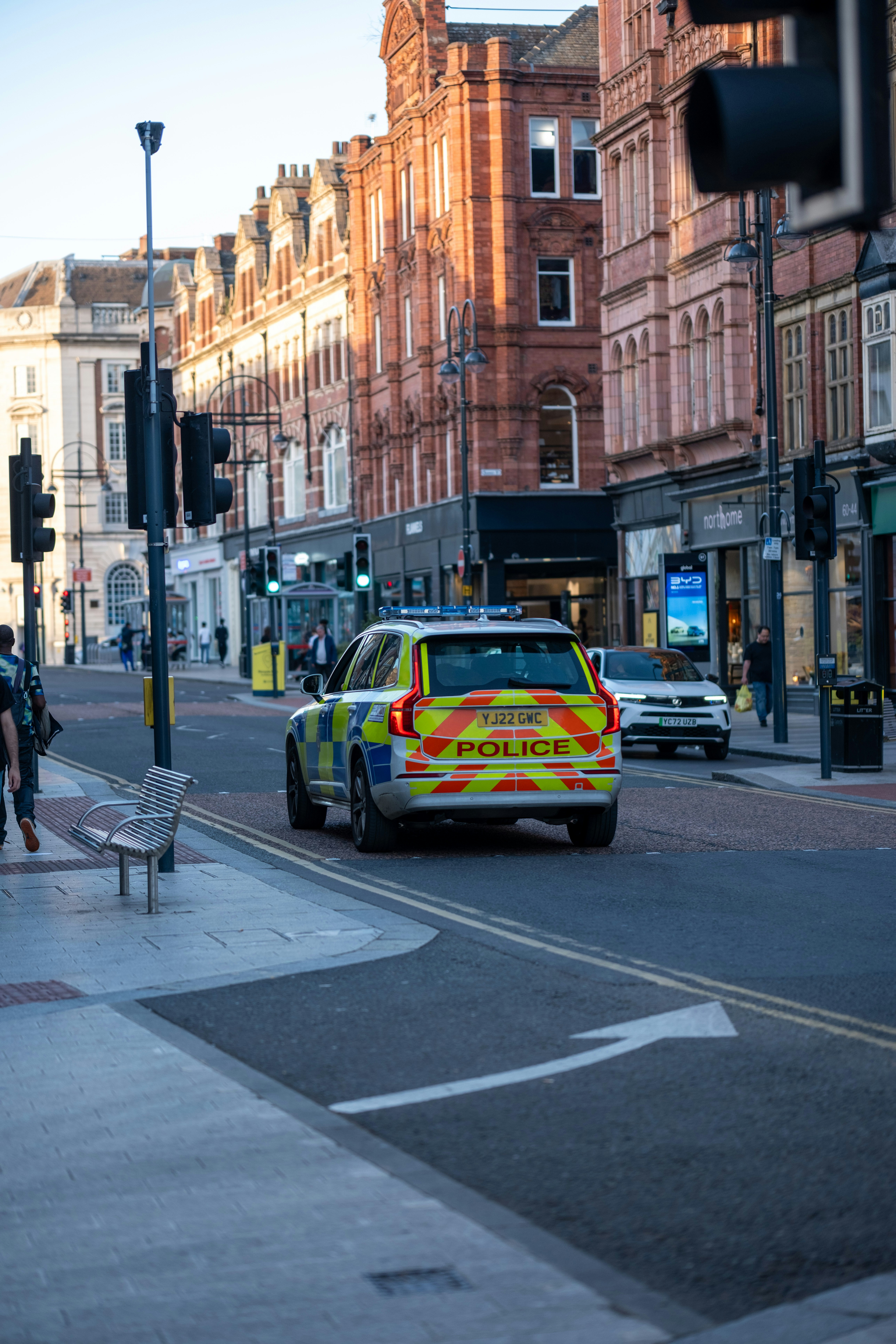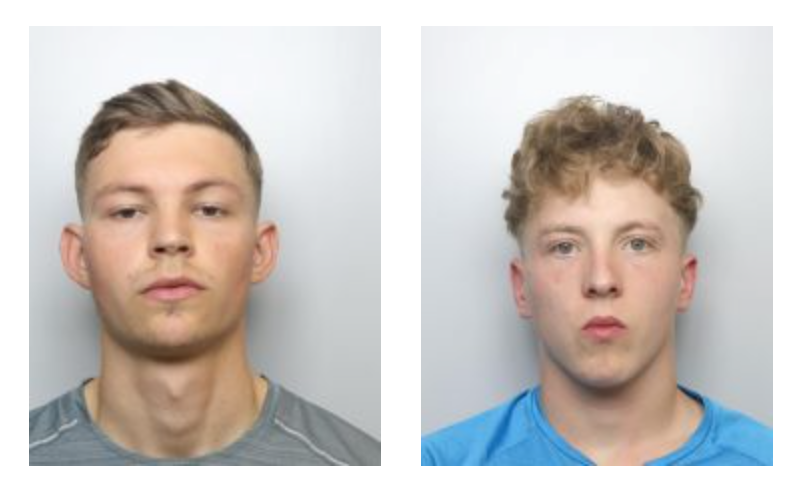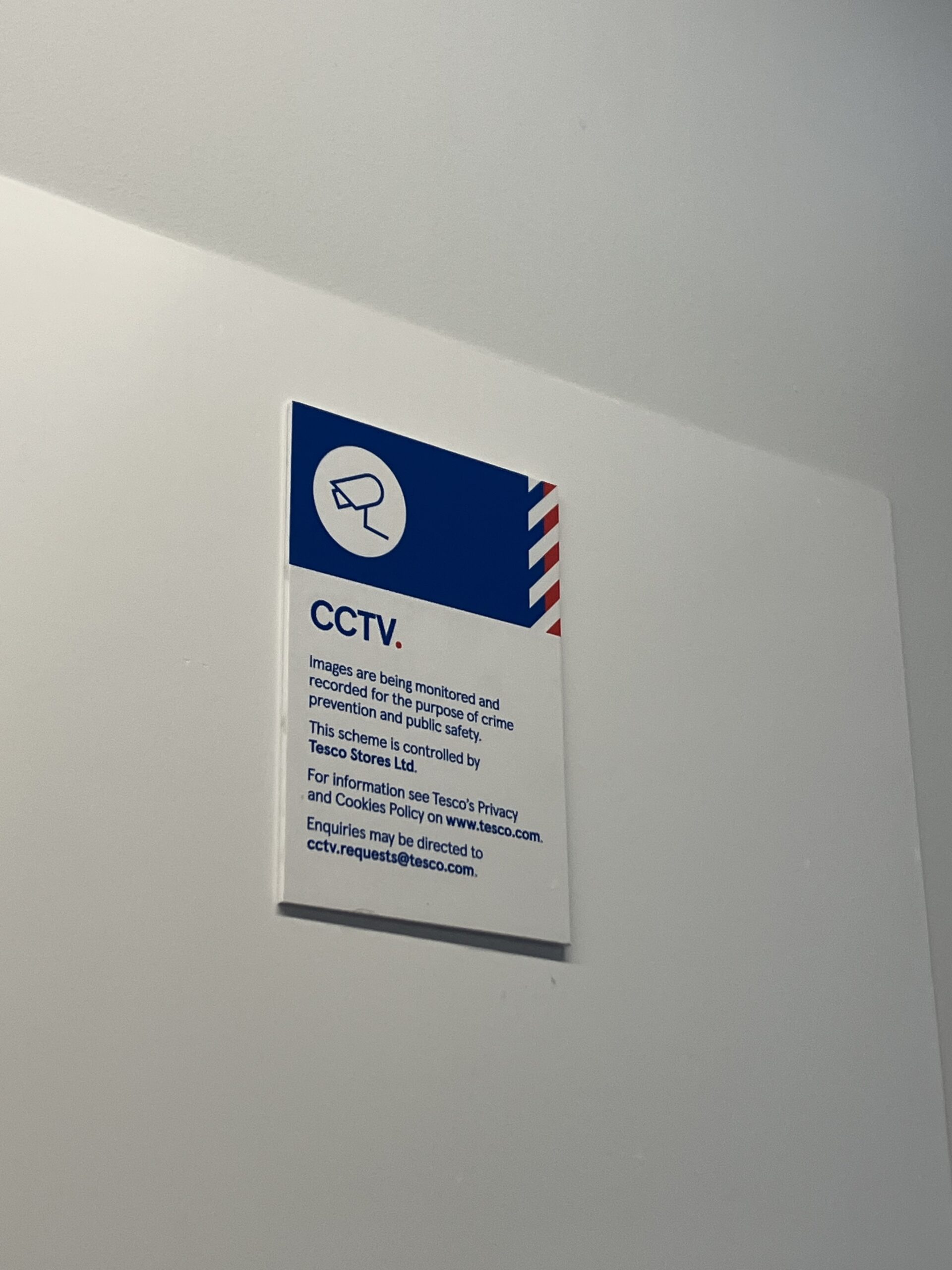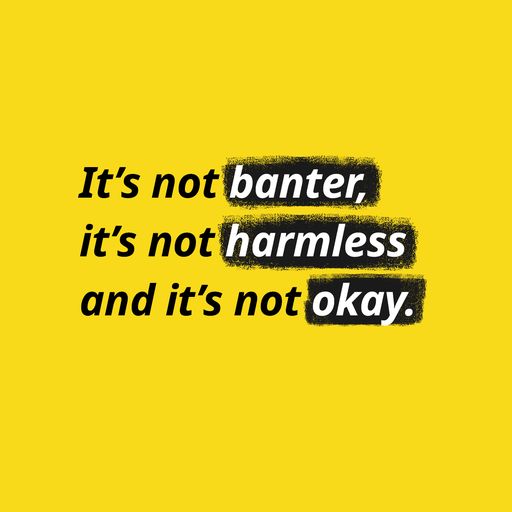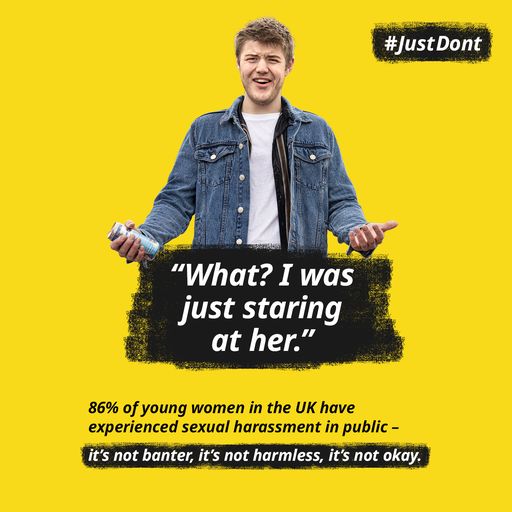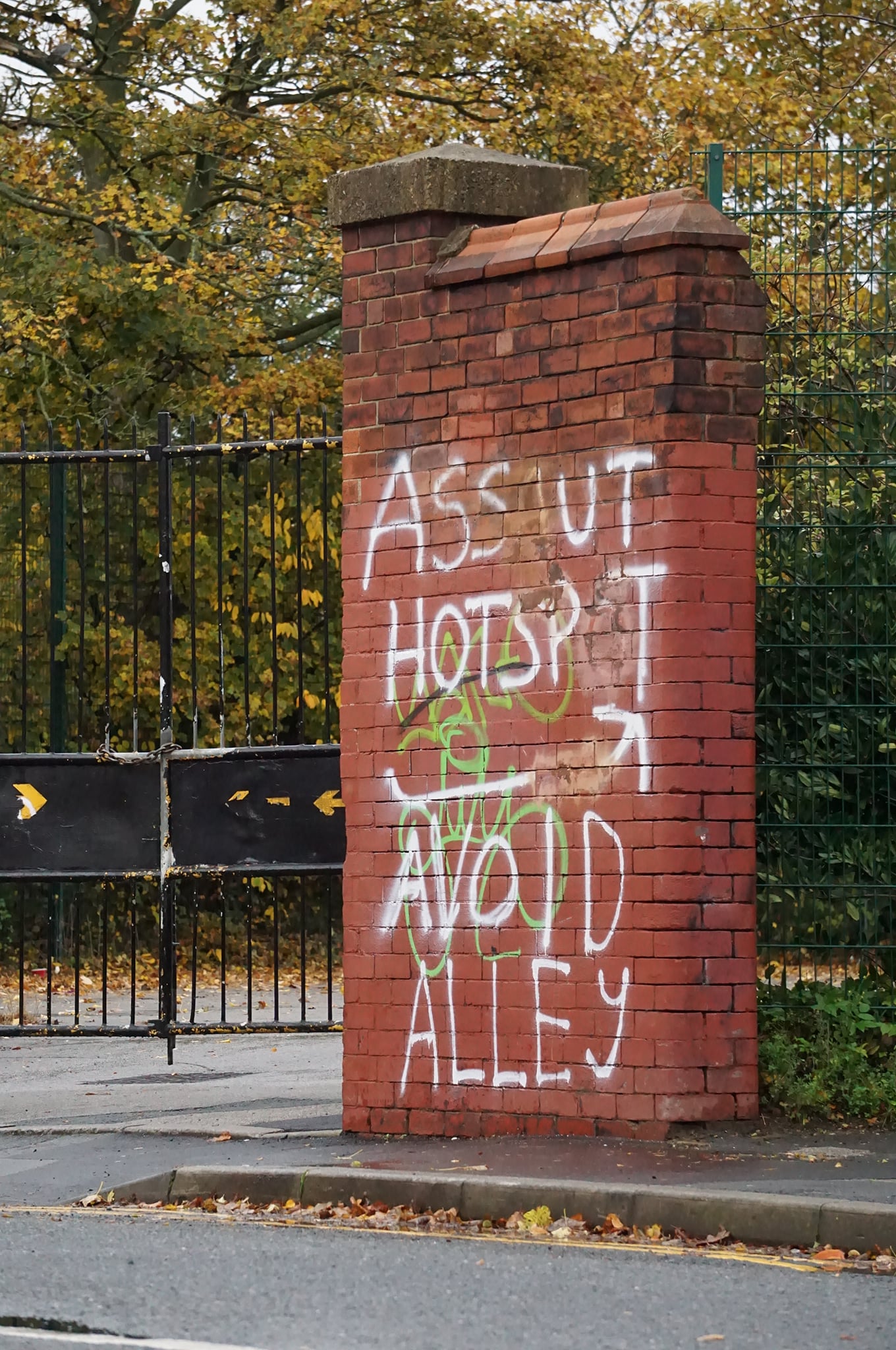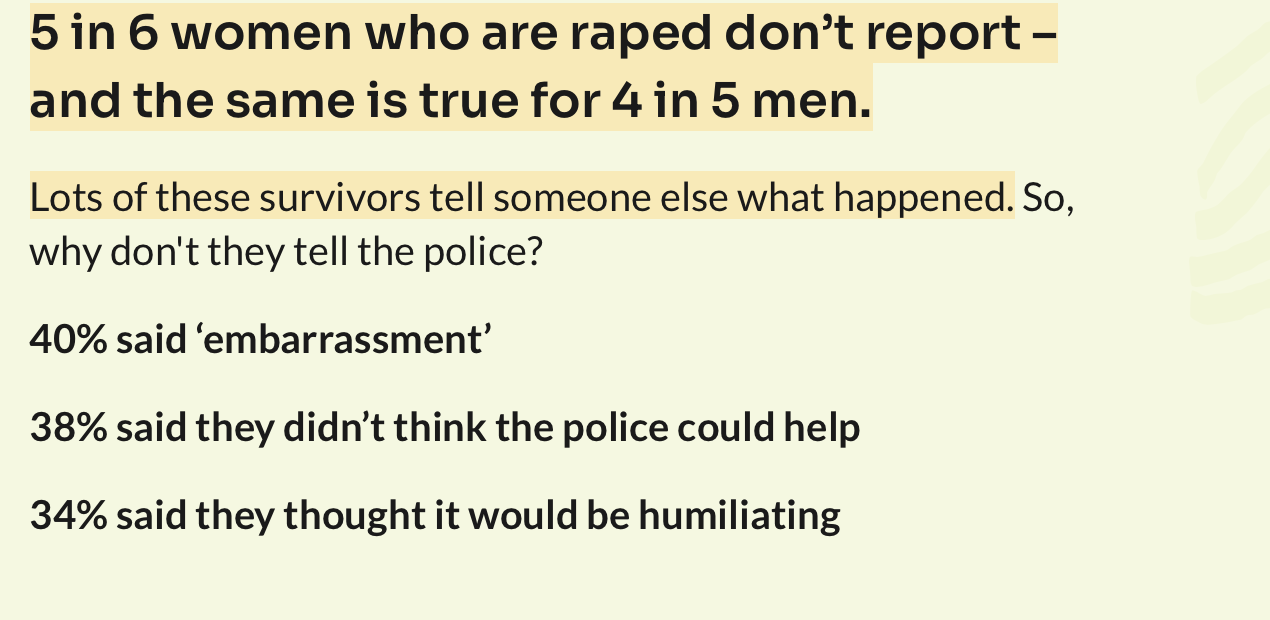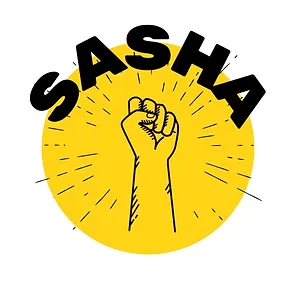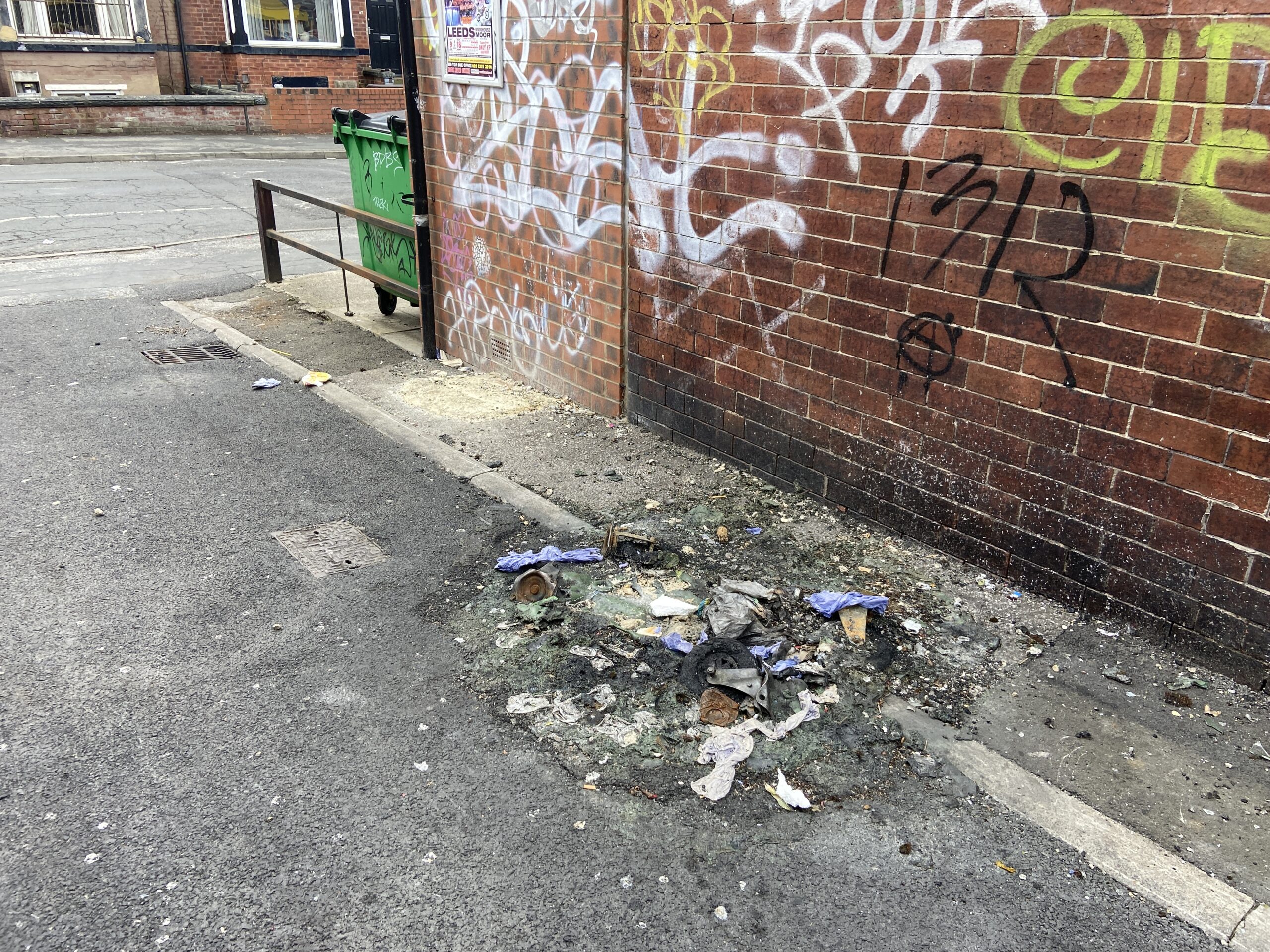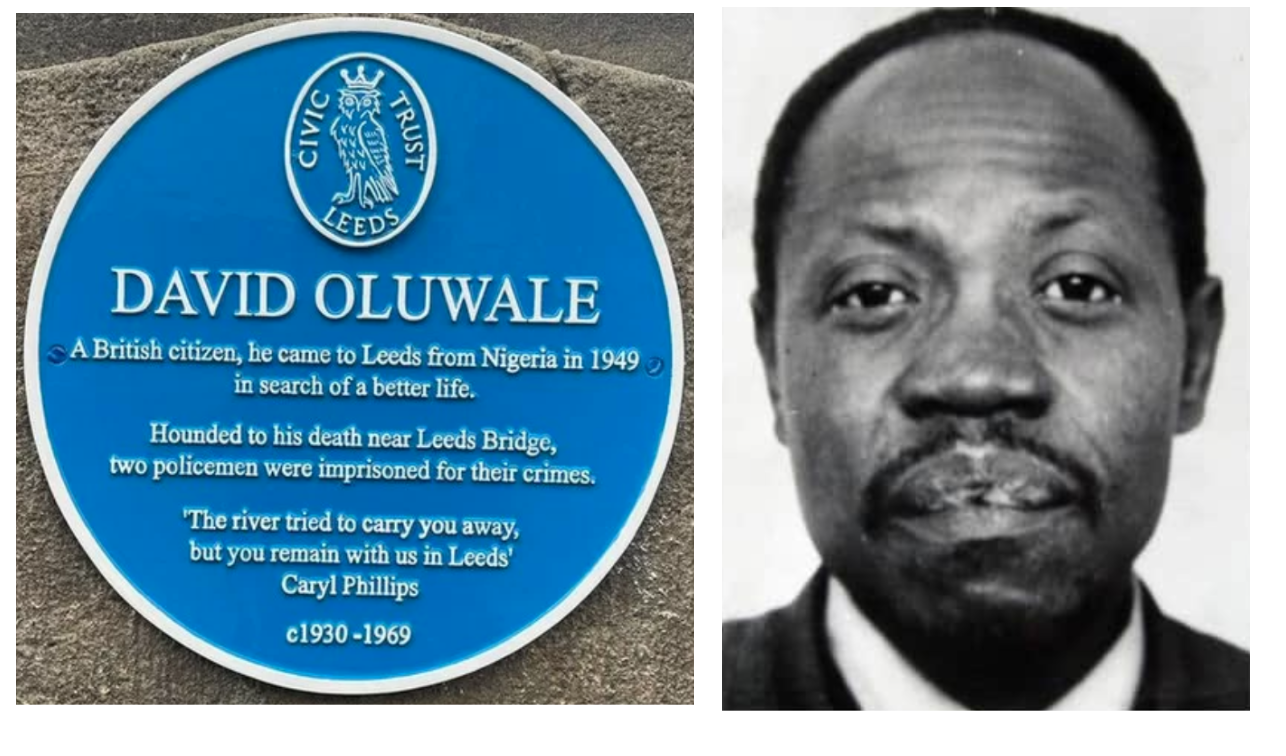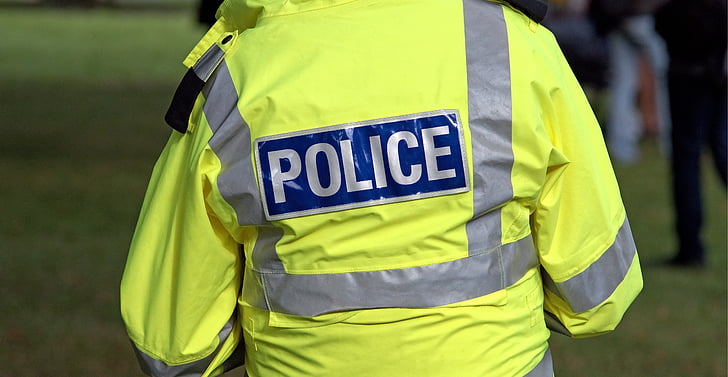Lighting could be installed in Woodhouse Moor to make it ‘more welcoming for women’
It is hoped that a community artwork and lighting project could make Woodhouse Moor more welcoming for women.
Woodhouse Moor is the most visited park in the city with 3 million visitors a year and is a student favourite because of its location next to the University of Leeds.
But the park, which has no street lighting, is pitch black at night which, according to some residents, has led to it becoming synonymous with criminal behaviour.
Sara Sheikh, who lives in Hyde Park, says: “I think it’s dangerous that the park doesn’t have any lights, especially being so close to the university and accommodation, at night it makes it unwelcome and scary. Also, we have seen a lot of safety issues recently to do with women walking out at night.”
A research group in the University of Leeds School of Law have conducted a study that found many women avoid parks and deem them unsafe – especially at night.
Similarly, in 2022, the Office for National Statistics (ONS) found that 82% of women felt ‘very or fairly unsafe alone in a public setting” at night. The ONS also found that women are three times more likely than men to feel unsafe in parks during the day.
However, this could soon change in Woodhouse Moor.
Wow Park, which was announced last month, is a collaborative project by the University of Leeds, Leeds City Council and the Mayor of West Yorkshire Tracy Brabin. It aims to introduce public art and lighting to make Woodhouse Moor safer for women.
It comes despite the fact that Leeds City Council has in the past refused to install lighting in the park due to fears it could allow attackers to wait in the dark spaces to prey upon people in the lit areas.
Anna Barker is an Associate Professor in Criminal Justice & Criminology at the University of Leeds. She has led several projects surrounding the issue of parks and is involved in the proposed project in Woodhouse Moor.
Barker told The Gryphon that she was inspired by statistics such as the ONS research that says that women feel less safe in parks than they do in other types of public spaces such as residential streets, high streets and on public transport.
“Our perceptions of safety matter as they influence our behaviour, and the result is often that women and girls restrict their use of parks and alter their behaviour to keep themselves safe. This can have a significant impact on their lives, and their ability to move freely around our towns and cities as parks provide key connecting routes, to socialise, improve well-being and engage in physical activity and exercise in parks, especially when alone.”
She says there currently aren’t any detailed proposals for the design or location of the lighting as these will be shaped in consultation with the community in the coming months.
“We will be working closely with the local community to hear their views on several different creative interventions which could help to make Woodhouse Moor a more welcoming place for women and girls.”
Barker says that her research has shown that women feel safer in well-used parks, particularly where there is a strong presence of other women who act as a signal of safety.
She said that the women she spoke to in her original research “valued amenities, activities, facilities and interventions that bring people to the park, especially other women, activate and animate the space and create a sense of belonging.”
The project will begin in the next few weeks with the designs revealed in late spring and early summer.
